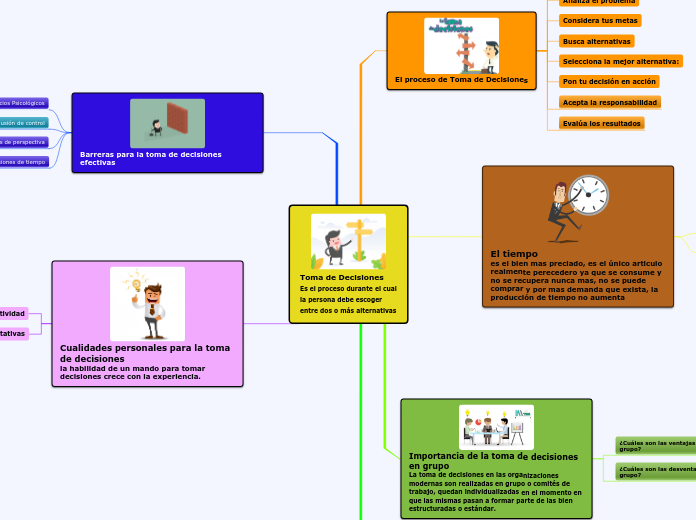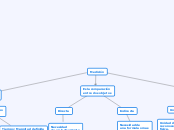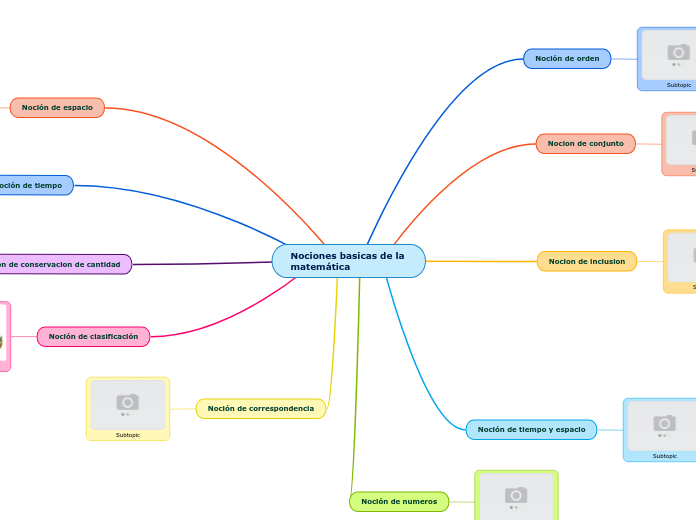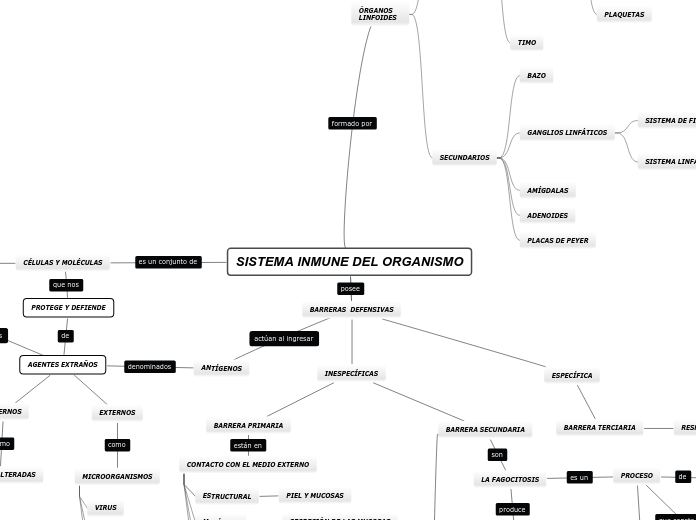Toma de Decisiones Es el proceso durante el cual la persona debe escoger entre dos o más alternativas
In linguistics, syntax is the set of rules, principles, and processes that govern the structure of sentences in a given language, usually including word order.
Cualidades personales para la toma de decisiones la habilidad de un mando para tomar decisiones crece con la experiencia.
A compound sentence is a sentence that has at least two independent clauses joined by a comma, semicolon or conjunction. An independent clause is a clause that has a subject and verb and forms a complete thought.
Habilidades cuantitativas
Create your own compound sentences, using the coordinators above.
Creatividad
When independent clauses are joined with coordinators (also called coordinating conjunctions), commas and semicolons, they do more than just join the clauses. They add meaning and flow to your writing.
Barreras para la toma de decisiones efectivas
Presiones de tiempo
Los efectos de perspectiva
Ilusión de control
Prejuicios Psicológicos
clase de decisiones
Decisiones no programadas
Decisiones programadas
Importancia de la toma de decisiones en grupo La toma de decisiones en las organizaciones modernas son realizadas en grupo o comités de trabajo, quedan individualizadas en el momento en que las mismas pasan a formar parte de las bien estructuradas o estándar.
¿Cuáles son las desventajas de la toma de decisiones en grupo?
¿Cuáles son las ventajas de la toma de decisiones en grupo?
El tiempo es el bien mas preciado, es el único articulo realmente perecedero ya que se consume y no se recupera nunca mas, no se puede comprar y por mas demanda que exista, la producción de tiempo no aumenta
¿Cómo desarrollar una mentalidad de planeación?
Administración del tiempo
El proceso de Toma de Decisiones
Evalúa los resultados
Acepta la responsabilidad
Pon tu decisión en acción
An adverbial is an individual word (that is, an adverb), a phrase, or a clause that can modify a verb, an adjective, or a complete sentence.
Selecciona la mejor alternativa:
The attribute is defined as a quality or characteristic of a person, place or thing.
Busca alternativas
The predicative is defined as an adjective or noun forming or contained in the predicate.
Its main trait is that it serves to express a property that is assigned to a 'subject'.
For e.g.: The dog is old.
Considera tus metas
Traditional grammar defines the object in a sentence as the entity that is acted upon by the subject.
Analiza el problema
The predicate of a sentence is the part that modifies the subject in some way. Because the subject is the person, place, or thing that a sentence is about, the predicate must contain a verb explaining what the subject does and can also include a modifier.
Reconoce el problema
The subject of a sentence is the person, place, thing, or idea that is doing or being something. You can find the subject of a sentence if you can find the verb.
Ask the question, 'Who or what 'verbs' or 'verbed'?' and the answer to that question is the subject.









